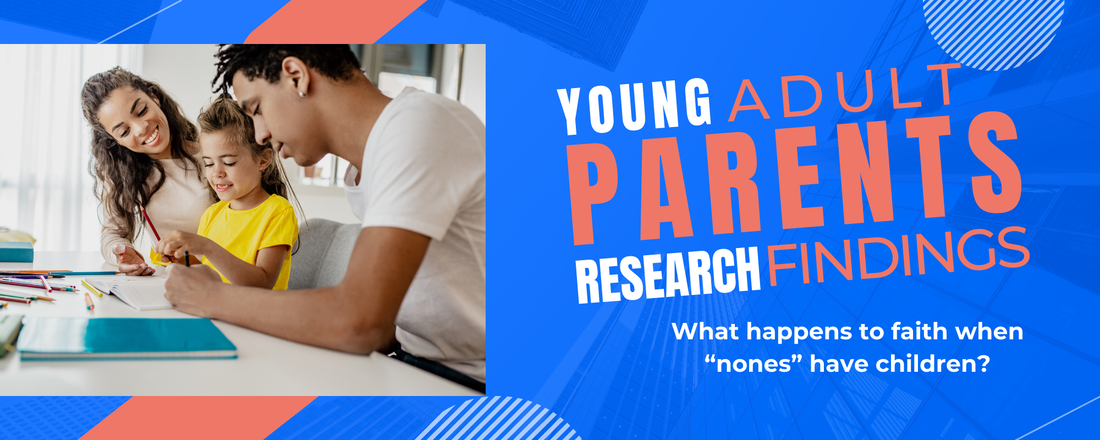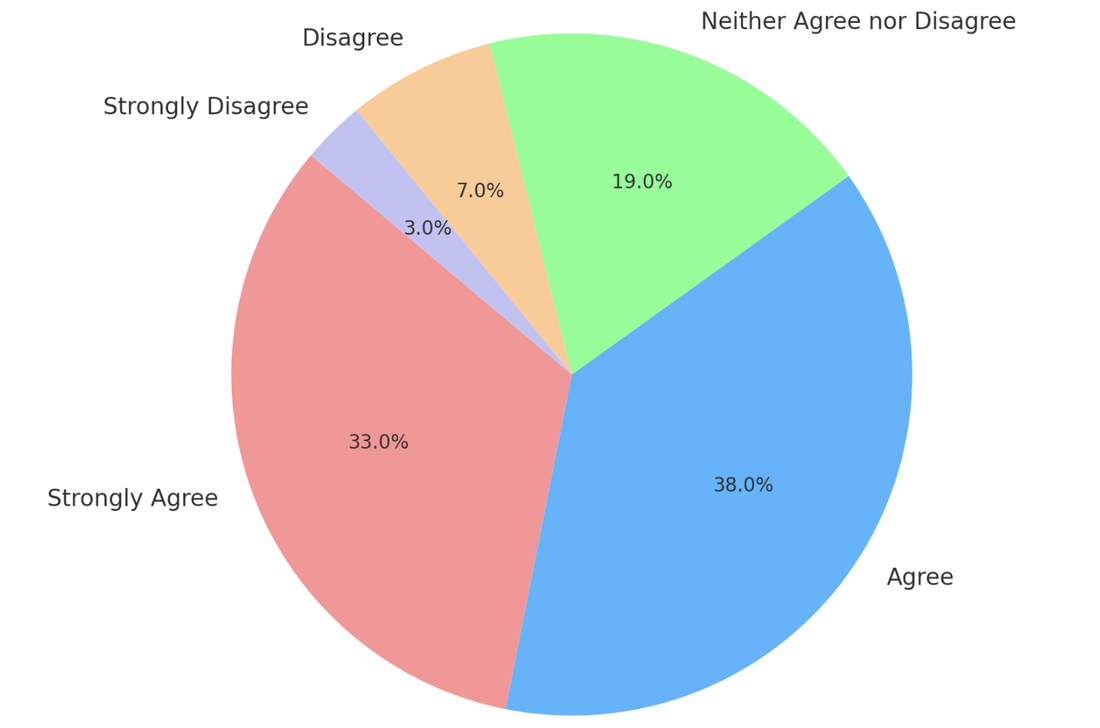Major Finding 3: Life is hard
People’s twenties and thirties are a time of dramatic change in all areas of life including their religion and spirituality…and it’s a lot harder than they expected it to be.
When we asked our respondents about their experiences in the last 5 years it was clear that this is a tumultuous time of life, which is not surprising. Respondents were allowed to pick all that applied from a provided list and each of the following had over 20% selected: Death of someone close (54%), Career/job change (51%), Friendship loss (45%), Moving to new town/city (33%), Childbirth (33%), Promotion at work (29%) and Marriage (20%).
Additionally, when we asked people about religion and spirituality in particular about 1/4 said that during their 20s they became more religious (28%) or less religious (25%). The same fluctuation held true for spirituality with 37% saying the became more spiritual during their 20s and 15% saying they became less spiritual.
Furthermore, when we asked them to imagine their life in 5 years and indicate whether they think they will be involved in a religious community/congregation as a member or regular participant we see a similar pattern. About 15% of those who are currently attending services monthly or more often say that in 5 years they will not be involved in a religious community while 30% of those who “seldom” or “never” attend currently indicated that they likely will be involved in 5 years.
Throughout all of this fluctuation and change, there are strikingly few professionals or institutions who our respondents turned to for help. Family (94%), friends (92%), and spouses/partners (86%) were most frequently cited as sources of help, and were the most helpful for those that used them. These highly relational sources of aid proved to be more competent than trained professionals. Where family, friends and spouses all ranked above 3 on a four point scale (Not at all helpful-1…Extremely helpful-4), none of the professionals on the list got above a 3. Therapists (2.96), support groups (2.95), spiritual directors (2.87), mentors/teachers (2.86), caseworkers (2.70) and mediums (2.64) were all ranked lower. Although the individual differences are not big, the trend of finding help in highly relational spaces is important to note. Church communities were right in the middle of the pack (2.91).
These findings become critical, because people do seem to need genuine help at this stage of life. At the end of the survey we asked people about their experience of life overall. A shocking 71% of our respondents agreed that “life is generally harder than I expected it to be at this point.”
When we asked our respondents about their experiences in the last 5 years it was clear that this is a tumultuous time of life, which is not surprising. Respondents were allowed to pick all that applied from a provided list and each of the following had over 20% selected: Death of someone close (54%), Career/job change (51%), Friendship loss (45%), Moving to new town/city (33%), Childbirth (33%), Promotion at work (29%) and Marriage (20%).
Additionally, when we asked people about religion and spirituality in particular about 1/4 said that during their 20s they became more religious (28%) or less religious (25%). The same fluctuation held true for spirituality with 37% saying the became more spiritual during their 20s and 15% saying they became less spiritual.
Furthermore, when we asked them to imagine their life in 5 years and indicate whether they think they will be involved in a religious community/congregation as a member or regular participant we see a similar pattern. About 15% of those who are currently attending services monthly or more often say that in 5 years they will not be involved in a religious community while 30% of those who “seldom” or “never” attend currently indicated that they likely will be involved in 5 years.
Throughout all of this fluctuation and change, there are strikingly few professionals or institutions who our respondents turned to for help. Family (94%), friends (92%), and spouses/partners (86%) were most frequently cited as sources of help, and were the most helpful for those that used them. These highly relational sources of aid proved to be more competent than trained professionals. Where family, friends and spouses all ranked above 3 on a four point scale (Not at all helpful-1…Extremely helpful-4), none of the professionals on the list got above a 3. Therapists (2.96), support groups (2.95), spiritual directors (2.87), mentors/teachers (2.86), caseworkers (2.70) and mediums (2.64) were all ranked lower. Although the individual differences are not big, the trend of finding help in highly relational spaces is important to note. Church communities were right in the middle of the pack (2.91).
These findings become critical, because people do seem to need genuine help at this stage of life. At the end of the survey we asked people about their experience of life overall. A shocking 71% of our respondents agreed that “life is generally harder than I expected it to be at this point.”
Chart 4: Life is generally harder than I expected it to be at this point.
Not surprisingly, people in their twenties and thirties are times of significant change. Major life events and identity shifts add up to create a situation that is much more difficult than people were expecting. In these moments, they are turning to relationships and people they trust to help them navigate all the changes. Churches and congregations have an important role to play here, but only if they lead with truly relational strategies that recognize all of the myriad of life events that make up a person’s life at this time.
The impact of all of these changes for parents and prospective parents cannot be compartmentalized. To reach people in this time, you have to not only speak to their needs as parents, but do so in a way that can fit in with all of the other changes in their lives.
The impact of all of these changes for parents and prospective parents cannot be compartmentalized. To reach people in this time, you have to not only speak to their needs as parents, but do so in a way that can fit in with all of the other changes in their lives.



